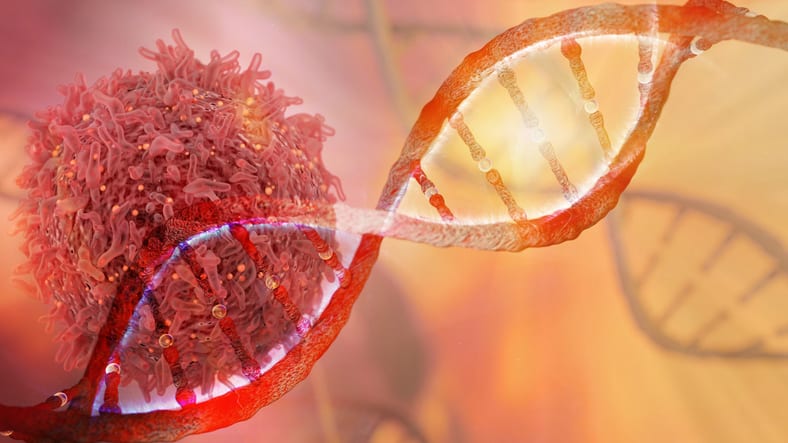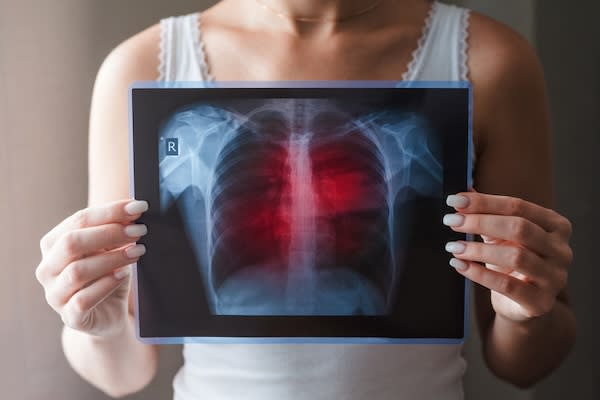Ovarian, Fallopian Tube, and Primary Peritoneal Cancer Debulking
Advanced Debulking Techniques from a Team You Can Trust
Debulking surgery is often an important step in treating ovarian, fallopian tube, or primary peritoneal cancer. At the Providence Swedish Cancer Institute, our expert gynecologic oncology surgeons perform this complex procedure with skill and care — often as part of a larger treatment plan that supports your strength, healing, and long-term outcomes.

Treatment Overview
Debulking surgery, also called cytoreduction, is a procedure to remove as much visible cancer as possible from the abdomen and pelvis. It’s most often used to treat ovarian, fallopian tube, and primary peritoneal cancers, which tend to spread throughout the abdominal cavity. By reducing the amount of cancer present, debulking can make other treatments like chemotherapy more effective. Depending on your situation, it may be done upfront (primary debulking) or after initial chemotherapy (interval debulking).
Our gynecologic oncology surgeons are highly skilled in advanced debulking techniques and collaborate with a multidisciplinary team to support your recovery and overall well-being. We’ll work with you to create a personalized care plan that reflects your needs, preferences, and goals.
What to Expect
At the Providence Swedish Cancer Institute, we’ll help you prepare for cancer debulking surgery with care and clarity. From pre-op planning to recovery and follow-up treatment, your team will guide you through each step — combining surgical expertise with whole-person support you can trust.
About a week before surgery, we'll schedule a pre-admission visit to:
- Assist with any remaining pre-surgical lab work or tests
- Review what will happen during your surgery
- Explain potential side effects
- Discuss medications and post-surgery care, including in-home help or equipment if needed
You'll receive information to prepare for your hospital admission. If you have any questions after your pre-admission appointment, your nurse or care coordinator will be happy to help.
Debulking surgery typically lasts 3 to 6 hours, and most patients stay in the hospital for 3 to 5 days. You may have temporary drains placed near your incision to prevent fluid buildup; these are usually removed before you go home. It’s common to feel sore, tired, or bloated afterward, and your appetite may be reduced or change for a while. A full recovery can take 4 to 8 weeks. Your care team will guide you through pain management, movement, nutrition, and emotional support.
Debulking removes as much cancer as possible, which can help other treatments - like chemotherapy - work more effectively. For many patients, it also relieves symptoms caused by tumors pressing on nearby organs. This approach allows your care team to better understand the extent of the cancer and create a treatment plan tailored to your body and your needs.
As with any major surgery, there are risks, including:
- Infection
- Bleeding or blood clots
- Fluid buildup or delayed healing
- Damage to nearby organs
- Temporary ileus, when the intestines temporarily slow down
- Changes in bowel or bladder function
- Scarring or hernia at the incision site
Your care team will talk with you about these risks, answer your questions, and help you make an informed decision that reflects your goals.
You’ll have several follow-up appointments after your procedure for the first few weeks. This helps us monitor your healing and manage any complications. As time goes on, your appointments will be less frequent, but regular checkups are required so that we can continue to manage any of your ongoing treatment needs and watch for any signs of recurrence.
Services are also available to help you through every treatment stage.
Learn more about our supportive care services.
Frequently Asked Questions
Primary debulking is surgery done soon after diagnosis, before chemotherapy, to remove as much visible cancer as possible. Interval debulking is done after several cycles of chemotherapy have reduced the tumor size, making surgery safer or more effective. Your care team will recommend the best approach based on your health, imaging, cancer stage, and treatment goals.
Most patients do receive chemotherapy after debulking surgery to treat any cancer that couldn’t be removed during surgery and to help lower the risk of it coming back. Some people also have chemotherapy before surgery to shrink tumors and make surgery safer — this is called neoadjuvant chemotherapy. Your care team will walk you through what to expect, explain the timing, and create a treatment plan that fits your needs.
It can. Debulking may involve removing the ovaries, uterus, fallopian tubes, omentum, or parts of other organs like the bowel or bladder, depending on where the cancer has spread. The goal is to remove as much cancer as safely as possible. Your surgeon will talk with you before surgery about what to expect and what they may need to remove during the course of your surgery.
You may notice changes in your abdomen after debulking surgery, including scars, swelling, or changes in shape. If organs like the ovaries or uterus are removed, it won’t change how you look on the outside. Everybody heals differently, and your team is here to support your comfort, body image, and recovery — both physically and emotionally.
After debulking surgery, it’s common to have a smaller appetite or feel full quickly. This can be caused by a temporary slowing of the digestive system, called ileus, which happens as your body recovers from abdominal surgery. Nausea, bloating, or constipation are also common. Your care team will guide you on what to eat and when, and help you get the nutrition you need.
It’s possible. Debulking surgery may affect how your bladder or bowels work, especially if nearby tissue is removed or rearranged. You may have constipation, diarrhea, urgency, or temporary changes in urination. Most side effects improve over time. Your care team will help you manage symptoms and support your comfort as your body adjusts.
We provide a full range of supportive care services to support you during and after your cancer treatment. Some of these services include:
- Art therapists
- Cancer rehabilitation (onco-physiatry)
- Care coordinators
- Genetic counseling (cancer geneticist)
- Health educators
- Medical massage (edema, lymphedema management)
- Music therapist
- Naturopaths
- Nutritionists
- Oncology nurses
- Social workers
- Speech and language pathology
We can also help with finances, food, transportation, and other challenges for eligible patients through our patient assistance fund.
See the full list of supportive care services.
Note: Some services are provided by local partners and vary based on location. Please contact your clinic for more information.
News & Info From Our Experts



